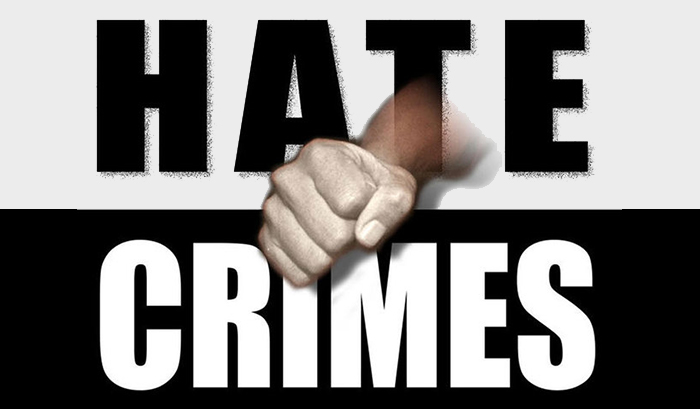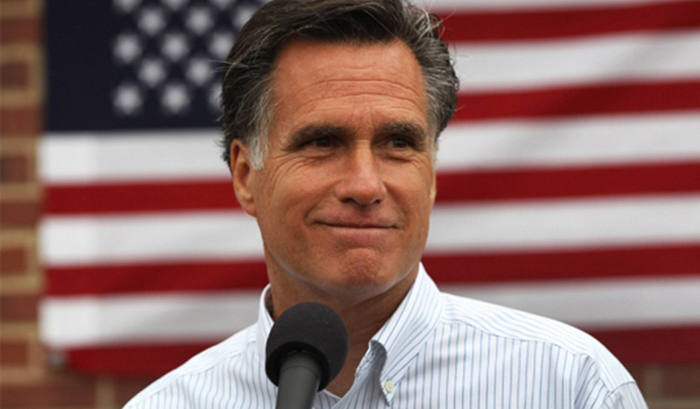[img]9|left||remove link|no_popup[/img]Since no mathematical formula is available showing that Scott Zeidman and Steve Gourley won yesterday because they scored more runs than their three rivals, draw up an easy chair, sip from your lemonade, and let us see if we can deconstruct the School Board election.
Starting with the No. 1 vote-getter, I was slightly surprised when I walked into the Ehrlich home in Sunkist Park in mid-evening. Mr. Zeidman, clearly drained from a satiating campaign, was almost slumped on the couch. He was so fatigued he probably could have nodded off before the first live-ballot count rolled in at 10:30 with half of precincts reporting.
I believe he expected to win this election as surely as he knew the next day was Wednesday. I think he concluded some time ago that, whether through serendipity or masterful strategizing, he had demystified how to win a political race in Culver City. It might have seemed intemperate for him to say so publicly.
The Braintrust or Kitchen Cabinet
From my snooping, it seems that .
some of this town’s shrewdest former officeholders — Sandi Levin, Richard Marcus, Madeline Ehrlich — pooled their years of wisdom to create a beacon of light for a young man they really like on the campaign trail.
As any adult will tell you, success in one field does not automatically translate into success in another. Each has different ground rules calling for perhaps new and resistant emphases. Separately and collectively, the three of them know Culver City politics. They understand what it takes to win.
The Longest Road to Travel
Probably more than any of the other four, Mr. Zeidman began from a standing start. The rest of them had education links or allied backgrounds. Mr. Zeidman did not. For all of his success in commerce and law, he did not have a gold-flecked pool of educational resources to dip into.
His options: He could wing it. Or he could make a General Plan. He apparently did neither.
But his natural appeal was so infectious that Mr. Marcus, Ms. Ehrlich and Ms. Levin quickly saw that they had discovered a gem of gems, that elusive ideal student, a quick study who was “eager to learn, eager to listen.”
A Co-operative Student
Mr. Zeidman must have come battery-equipped with a healthy dose of modesty, open-mindedness, too.
Business leaders tell you that one of the most common reasons for failure in their sphere is convincing a successful person to adjust, to accept someone else’s wisdom when he is entering a new arena. This goes against the natural inclination.
During the Zeidman campaign, a deceptively sophisticated lab experiment in Rookie Politician School was being conducted just beneath the surface. We missed the clues, though. Our attention was focused elsewhere.
Farragut vs. El Marino
Third-place finisher Roger Maxwell — who was disappointed but said, “Life goes on. This just gives me more time for other projects” —offered a fascinating insight.
Sorting through potential advantages/disadvantages, he reasoned that he, Mike Eskridge and Alan Elmont split the Farragut School vote three ways while Mr. Zeidman had the lucrative El Marino Language School vote to himself. Sounds valid to me.
The most compelling explanation for the victories by Mr. Gourley and Mr. Zeidman, I believe, lies in their damn-the-torpedoes campaigns. They did not hold back. They straddled rockets and, adventurously, rode into space.
As long as voters were forced to exchange two proven horses for two unproven ones on the School Board, they wanted to know that their choices were going to dependably soldier them aggressively through the next four years.
Two Different Strategies
The candidates may disagree. But I believe the campaigns of Mr. Eskridge, Mr. Elmont and Mr. Maxwell may have struck voters as too cerebral.
Voters appreciated the intellectual sallies, but they wanted reassurance the candidates they were going to live with for four years were loose and were demonstrative.
Mr. Zeidman and Mr. Gourley met those criteria at every public outing.
The other three were more professorial. This reasoned approach may have felt too cautious to anxious voters who wanted action — and now.







